- Ateneo
- Jean Monnet Module
- Teaching staff
- a.y. 2018/19
a.y. 2018/19
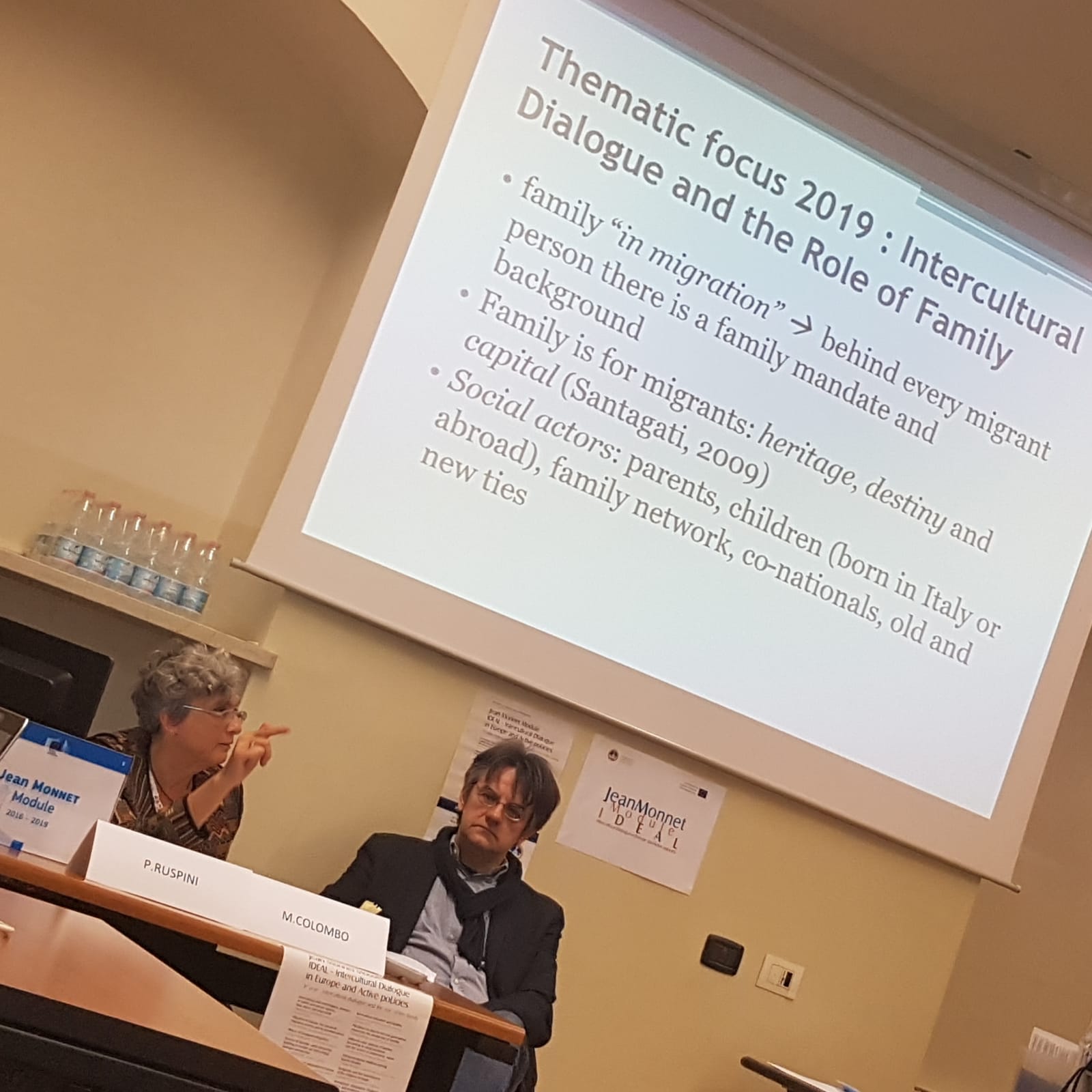
|
Educating to intercultural sensitivity Full professor in Sociology of cultural and communicative processes, director of CIRMiB (Centre of Initiatives and research on Migration, Brescia) at the Università Cattolica del Sacro Cuore (UCSC). She teaches Sociology of education; Sociology of educational policy; Sociology of Inequalities and Differences. Her main areas of interest are education, training and socialization processes and supply, education systems, impacts of migration in schooling, social changes in teachers' role; cultural innovation and interculturalism. She co-ordinates the Laboratory of researches and social intervention at the Università Cattolica of Brescia. Member of the managing board of other research structures and Post graduation Courses at the UCSC; since 2011 member of Scientific Board by ESA /European sociological association, RN 10 – Research network “Sociology of education”; co-director of the Book serie "IES - INNOVATION, EDUCATION AND SOCIETY" by the Publisher FrancoAngeli, Milano. |
|
Léonce Bekemans (BA in Philosophy, MA in International Studies and PhD in International Economics) has an international profile and interdisciplinary academic background with a broad and long-lasting research and multi-lingual teaching/research experience in European studies and an international publication record. He has been for 10 years professor at the College of Europe and worked for various European institutes with combined teaching, research and management responsibilities. His main research interests relate to the broad area of value-oriented integration studies with a focus on the relations between economy, polity, culture and society from a global, European and local perspective and their wider societal impact. He is a Jean Monnet Chair ad personam at the University of Padua and academic coordinator of its Jean Monnet Centre of Excellence, a formally acknowledged success story of the EU Jean Monnet programme and collaborator of its Human Rights Centre. He is visiting professor at various European universities, an appreciated speaker at international conferences and an expert to the UN, Council of Europe, the EU, Committee of the Regions, Anna Lindh Foundation in relation to European education, intercultural dialogue and multi-level governance issues. He is the SG of ECSA-World and also the president of “Ryckevelde”, a not-for-profit organisation dealing with European citizenship in Bruges (B). |
|
Associate professor, Phd, sociologist and a history teacher. She has written two monographs, 28 articles in journals and 52 chapters in books. Her main research field is the student population in higher education, generally using a sociology of culture approach. She has taken part in 31 research projects (HURO, OTKA etc.). She won the János Bolyai Research Fellowship of the Hungarian Academy of Sciences for three years in 2018. The topic of this research project is the relationship between higher education and the social group of intellectuals. |
|
Floriana Conte is employed as administrative staff at UCSC Global Engagement and International Education and she is currently in charge of the administrative and financial management of programs Erasmus+ cooperation actions (Capacity Building projects, Strategic partnership projects, Erasmus Mundus), Jean Monnet, Europe for Citizens and Edulink II. |
|
Anna KOSIC, Università La Sapienza di Roma – IDEAL lecturer |
|
Associate Professor of Social Psychology at the Catholic University of Milan. My research focuses on the relational and social factors that determine successful identity processes. I analize the identity processes that characterize a well-functioning individual and the social and relational factors that can promote such successful identity processes. My focus has been mainly on the role of family and more recently on the role of stereotypes and discrimination and how they affect a number of identity processes (such as ethnic, national, gender, religious and age identification). I work as consultant for several industries, ONLUS, national and international organizations coordinating projects that aim to enhance social inclusion and diversity management. |
|
Dr. Nicola Montagna joined the Department of Criminology and Sociology and the Crime and Conflict Research Centre at Middlesex University in September 2008. He holds a PhD in Sociology at Middlesex University and a MSc in Sociology from London School of Economics, as well as a BA in Philosophy from Milan University, Italy. He is a member of the British Sociological Association. His current research focuses on global social movements and collective violence, occupied social centres and youth movements, urban movements, international migration, migrant protests, Italian politics, political and sociological thought. He has widely published in peer reviewed journals and edited books in several languages. He is co-editor with Vincenzo Ruggiero of Social Movements: a reader, Routledge, 2008, and with Sue Mew of "Conflicts within the crisis", Social Justice, 39 (1), 2013. |
|
The intercultural dialogue and the European political agenda Lecturer in the Department of Sociology and Social Anthropology of the University of Valencia. Member of its Human Rights Institute, of the Interdisciplinary Study Group on Migration, Interculturalism and Citizenship Studies (University of Castilla-la-Mancha) and of the Welfare, Community and Social Control inter-university group (University of Barcelona). He holds a B.A. and a PhD in sociology and a diploma in social work. He has coordinated Doctors of the World's public health centre for immigrants in Valencia, led CeiMigra's school of intercultural citizenship and worked as an immigration officer in the municipal administration of Benicarló (Castellón, Spain). He collaborates in courses offered by a range of public institutions, universities, foundations and NGOs and has given talks and published articles on issues of immigration, social exclusion, multiculturalism, citizenship, integration and public policies. |
|
“Ce que nous préparons, à travers l’action de la Communauté, n’a probablement pas de précédent. Cette communauté est fondée elle-même sur des institutions qu’il faut renforcer, tout en sachant que la véritable autorité politique dont se doteront un jour les démocraties européennes reste à concevoir et à réaliser. Et la Communauté elle-même n’est qu’une étape vers les formes d’organisation du monde de demain” Jean Monnet, 1976. Graduated in Philosophy at La Sapienza in 1994, after (1997) he obtained a Master Degree in European Integration Studies at the College of Europe in Bruges and a Master Degree in Interactive Multimedia Project and Cyber-communication at the ISC Saint-Louis in Brussels (2002). Luciano defended his PhD, which he obtained from the VUB, in 2004. Since then he has been working as researcher and professors at the Vesalius College and the VUB, and as visiting professors at La Sapienza, Rome and at the University of Wisconsin, Milwaukee. He regularly teaches for the Executive Office of the College of Europe of Bruges. Luciano has been working in many European co-funded projects and as an expert for the European Commission and the Committee of the Regions. He has been teaching and coordinating various Jean Monnet modules and a Jean Monnet Conference. He teaches courses related to the European Union Public Sphere and Information and Communication Policies, the History and Theories of European Union integration, European Union Policies related to Media and New Media. He published articles and edited books and journals about the European Public Sphere and European Cultures, European Media and Internet policies. |
|
Graduated in Foreign Languages and Literatures and with a Master in Intercultural Competences (UCSC, Milan), she is a PhD student in Sociology, Organizations and Cultures at the Department of Sociology, UCSC Milan (XXXIV edition). She is an actress, theatre trainer, social theatre trainer, and collaborates with many institutions, associations and schools in the areas of detention, childhood education, teachers training, disability, intercultural education. She collaborates with CIRMiB (Centre of Initiatives and research on Migration, Brescia), doing field research and managing territorial projects. |
|
Although educational institutions around the world invest considerable effort in developing support programs for families, especially migrant families, linguistic and cultural diversity as expressed by parents in common activities with schools is rather neglected as a real resource for intercultural education. We will explore the role of culturally diverse family in intercultural education and attempt to plan school-based strategies that fully and inclusively consider its potential in fostering intercultural learning and understanding. Associate Professor in Education at “Alexandru Ioan Cuza” University of Iasi and vice-dean for undergraduate studies and international relations of the Faculty of Psychology and Educational Sciences. She obtained her doctoral degree in Social Sciences/Education at Radboud University Nijmegen in 2005. Her research interests and expertise cover intercultural education, mobility and migration; educational assessment and evaluation; gifted education. In the last years, she held teaching and research fellowships in two European universities, with activities connected to the theme of education and transnational migration. She coordinates the Research Center in Educational Sciences, and is a member of the Research Laboratory for Studies on Intercultural Relations, Migration and Education. |
|
This part of course aims to raise awareness that striving to preserve a culture has a different weight and importance of coexisting ethnic and religious communities in modern Europe, characterized by cultural and religious diversity. It is important to recognize that members of the coexisting communities insist to save usual habits and religious practice (even irreligion), which is the central element of their identity. Since they function as a basic compass determine the way to respond to each other’s behavior, even when apparently they live separately. Overall, the main component of a responsible European Citizenship concept is that cultural traditions should be interpreted as social fact, and the people of different traditions should mutually respect each other and should not viewed each other through the prism of the economic subsystem, as impersonal workforce or customers. Since 2014 she is Head of Doctoral School on Human Sciences (Education, Sociology, Psychology and Philosophy); since 2012 Professor of Educational Sociology at Institute of Educational Studies and since 2012 Head of Doctoral Program on Educational Sciences at the University of Debrecen. Main research and teaching fields: Sociology of Education; Comparison of education systems; Research methods in educational studies; Information of the Sociology of Education; Interpretational methods of the Sociology of Education; Education and society; Education and politics; Classical theories in educational sociology; Hermeneutics of schools; Cultures in schools; Improvement in education; Social basis of education and public education. |
|
Professor in Social Psychology at the Faculty of Education, Director of the Ph.D. program in Social and Developmental Psychology at the Catholic University of the Sacred Heart of Milan, and Director of the Family Studies and Research University Centre. His research areas include psychological integration of first and second generation of immigrants; cultural identity and family processes; Muslim migration in the West. |
|
The link between current migration, immigrant integration and migrant transnationalism lies at the core of my lecture. The present circular, often repetitive flows of labour and return migration in Europe can generate specific social challenges that exceed the capacities of traditional integration programmes developed for unidirectional migration. Consistent outflows of asylum seekers moving from neighbouring countries to the European migration space adds further challenges in view of the specific needs of these vulnerable persons which include a significant number of women and children. Intercultural competences and the ability to deal with diversity are then increasingly important aspects in migrant-receiving, transit and return locations.
|
|
He is Professor of Political Sociology at the University of Trento since 2012 (School of International Studies & Sociology Dept.); he has been Professor of Political Sociology and Head of Department at the University of Leicester; Willy Brandt Professor - Malmö Institute for Studies of Migration, Diversity and Welfare; Associate Professor of Sociology at the Trento University and Fellow in Sociology at the Essex University; Lecturer in Sociology at the Essex University; Lecturer in Sociology at the University of Surrey; Jean Monnet Fellow at the European University of Florence; MacArthur Fellow in International Security at the Harvard University 1987-1989. |
|
Interculturalism is a recent approach of the EU governance of cultural diversity. However, it was introduced, at the end of the XIX century, by Jane Addams within a Western ideal of democracy. In her opinion, relationship between majority and minority groups, rich and poor citizens, women and men, migrant and non-migrant people are necessarily equal and, for its good functioning, democracy needs the participation of disadvantaged groups. Indeed, peaceful coexistence of people with different backgrounds implies a relationship of reciprocity, which represents an antidote of conflictual and asymmetrical relations. Assistant Professor in Sociology of Education at the Faculty of Education, scientific secretary of CIRMiB (Centre of Initiatives and research on Migration), member of the Department of Sociology (UCSC). She is Head of the Education Department of the ISMU Foundation (Foundation for the Study of Multiethnicity) and has been editor of the annual “Report on students with non-Italian citizenship” from 2010, promoted by the Ministry of Education and ISMU. She collaborates with a network of Southern European Sociologists of Education (Spain and Portugal) and she is co-director, with Maddalena Colombo, of the Book series INSIDE Migration published by Vita e Pensiero. Her main scientific interests are focused on the relationship between education and migration (ethnic inequalities, successful students with an immigrant background; interethnic relationships, religious-based conflicts in education; intercultural policies) and on socialization of disadvantaged young people (i.e. Early School Leavers, young NEETs, etc.). |

.jpg) Maddalena COLOMBO, Università Cattolica del Sacro Cuore - Coordinator of IDEAL Module
Maddalena COLOMBO, Università Cattolica del Sacro Cuore - Coordinator of IDEAL Module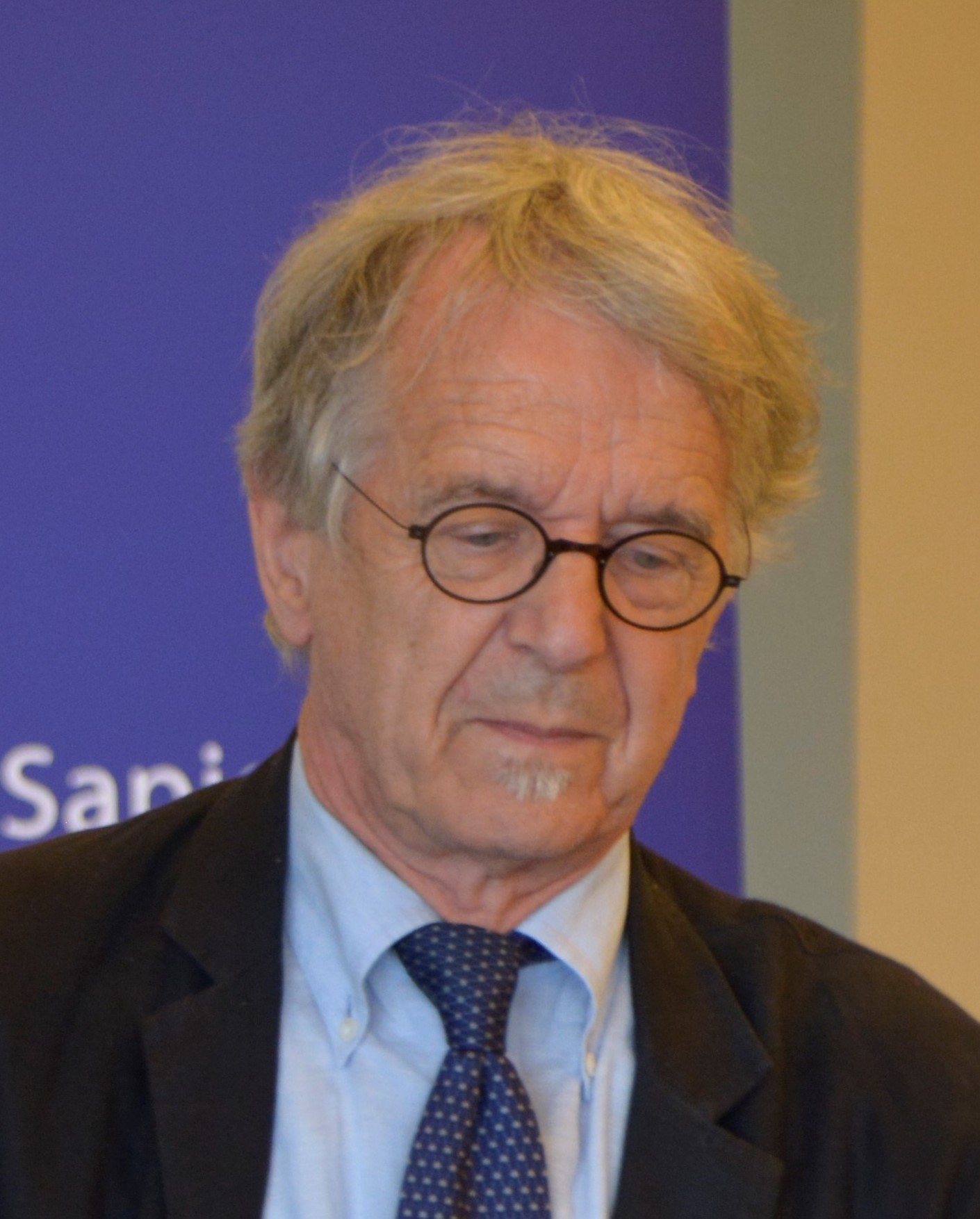 Léonce BEKEMANS, JM Chair Università di Padova - IDEAL lecturer
Léonce BEKEMANS, JM Chair Università di Padova - IDEAL lecturer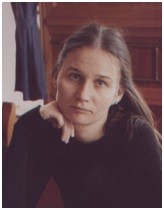 Veronica BOCSI, University of Debrecen – IDEAL lecturer
Veronica BOCSI, University of Debrecen – IDEAL lecturer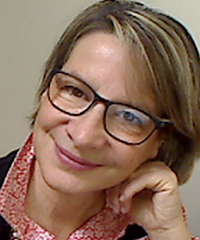 Floriana CONTE, Università Cattolica del Sacro Cuore - International Office UCSC
Floriana CONTE, Università Cattolica del Sacro Cuore - International Office UCSC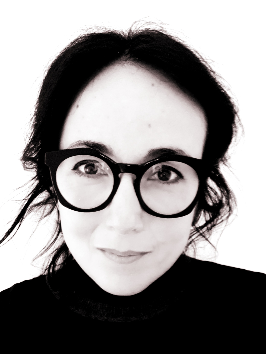 Claudia MANZI, Università Cattolica del Sacro Cuore – IDEAL lecturer
Claudia MANZI, Università Cattolica del Sacro Cuore – IDEAL lecturer Nicola MONTAGNA, University of Middlesex - IDEAL lecturer
Nicola MONTAGNA, University of Middlesex - IDEAL lecturer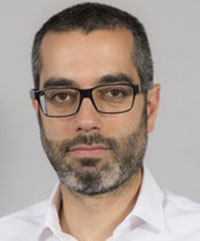 Albert MORA CASTRO, Universidad de Valencia - IDEAL lecturer
Albert MORA CASTRO, Universidad de Valencia - IDEAL lecturer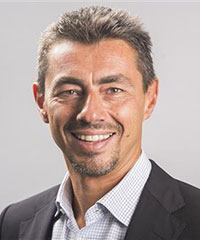 Luciano MORGANTI, Free University of Brussels - IDEAL lecturer
Luciano MORGANTI, Free University of Brussels - IDEAL lecturer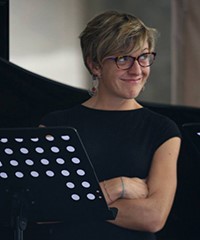 Barbara PIZZETTI, University of Kent - IDEAL lecturer
Barbara PIZZETTI, University of Kent - IDEAL lecturer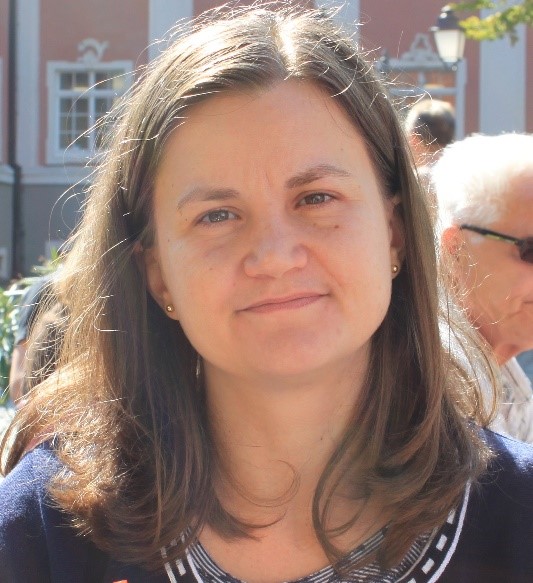 Nicoleta Laura POPA, Alexandru Ioan Cuza University of Iasi – IDEAL lecturer
Nicoleta Laura POPA, Alexandru Ioan Cuza University of Iasi – IDEAL lecturer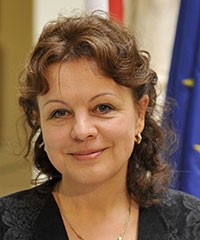 Gabriella PUSZTAI, University of Debrecen - IDEAL lecturer
Gabriella PUSZTAI, University of Debrecen - IDEAL lecturer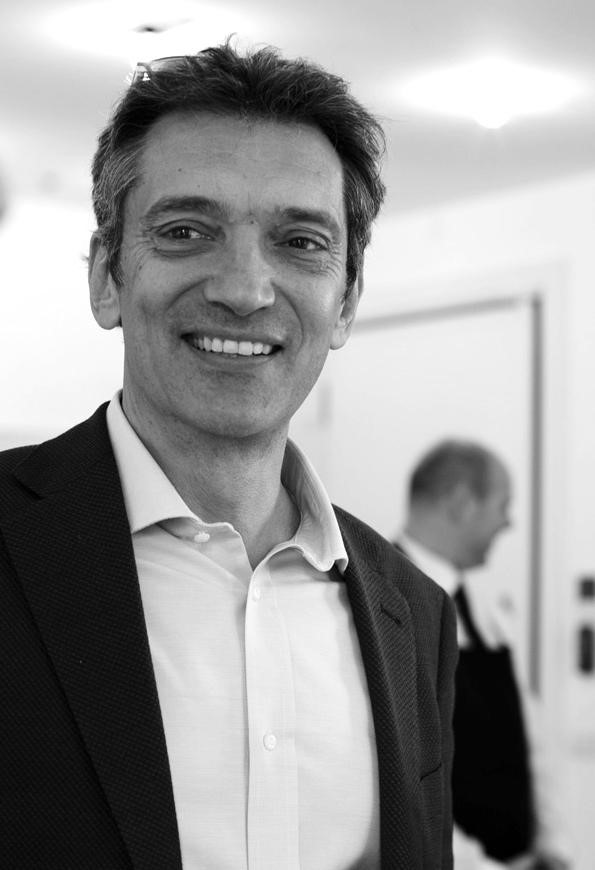 Camillo REGALIA, Università Cattolica del Sacro Cuore – IDEAL lecturer
Camillo REGALIA, Università Cattolica del Sacro Cuore – IDEAL lecturer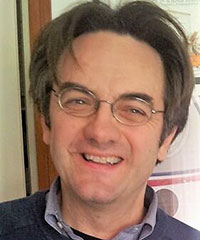 Paolo RUSPINI, Università della Svizzera Italiana USI Lugano - IDEAL lecturer
Paolo RUSPINI, Università della Svizzera Italiana USI Lugano - IDEAL lecturer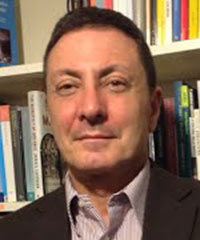 Carlo RUZZA, Università di Trento - IDEAL lecturer
Carlo RUZZA, Università di Trento - IDEAL lecturer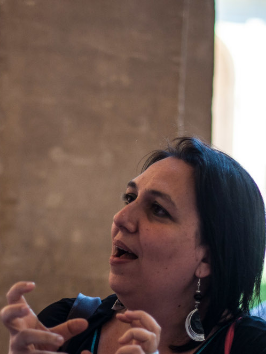 Mariagrazia SANTAGATI, Università Cattolica del Sacro Cuore - Project Communication and Web Resources
Mariagrazia SANTAGATI, Università Cattolica del Sacro Cuore - Project Communication and Web Resources